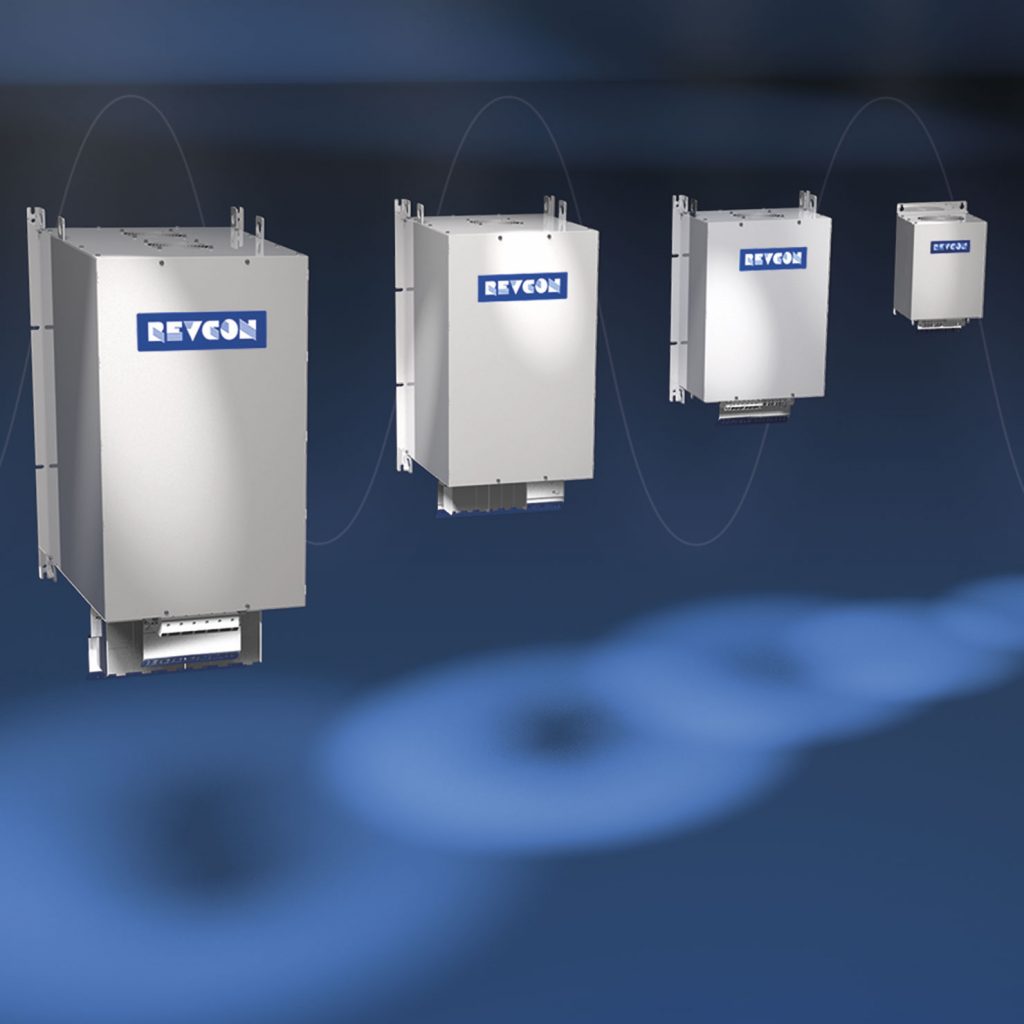- EN

Power quality refers to the reliability and stability of the electrical power supply in a system. It involves ensuring that electrical characteristics such as voltage, current, and frequency are within acceptable limits, and there are minimal disturbances or distortions. Harmonic filters are devices used to mitigate harmonic distortions in electrical systems. Let’s explore these concepts in more detail:
Power quality is a measure of the reliability and stability of the electrical power supply. It encompasses several factors, including:
Voltage Stability: Ensuring that the voltage levels remain within acceptable limits. Voltage fluctuations, sags, or swells can impact the performance of connected equipment.
Frequency Stability: Maintaining a stable electrical frequency is crucial for the proper operation of electrical devices. Deviations from the standard frequency (50 or 60 Hz) can lead to synchronization issues and affect equipment performance.
Transient Disturbances: Rapid changes in voltage or current, known as transients, can occur due to events like lightning strikes or switching operations. Power quality measures aim to minimize the impact of transients on sensitive equipment.
Harmonics: Harmonics are multiples of the fundamental frequency (50 or 60 Hz) and can distort the sinusoidal waveform of the power supply. Excessive harmonics can lead to overheating of equipment, increased losses, and malfunctions in sensitive electronics.
Harmonic Filters:
Harmonic filters are devices designed to mitigate the impact of harmonics in electrical systems. Harmonics are often introduced by non-linear loads, such as variable frequency drives (VFDs), uninterruptible power supplies (UPS), and other electronic devices. Harmonic filters work by providing a low-impedance path for specific harmonic frequencies, preventing them from affecting the rest of the electrical system.
Types of harmonic filters include:
Passive Harmonic Filters: These filters use passive components like resistors, inductors, and capacitors to create a tuned circuit that absorbs or cancels out specific harmonics. They are effective for specific harmonic frequencies but may not adapt well to changes in the system.
Active Harmonic Filters: Active filters use electronic components to actively monitor the harmonic content and generate corrective currents to cancel out the harmonics. They are more adaptable to changes in the system and can target a broader range of harmonic frequencies.
Benefits of Harmonic Filters:
Equipment Protection: Harmonic filters protect sensitive electronic equipment from the negative effects of harmonic distortions, preventing overheating and premature failure.
Compliance with Standards: Many industries have standards and regulations regarding harmonic distortion. Harmonic filters help ensure compliance with these standards.
Energy Efficiency: By reducing harmonic distortions, harmonic filters contribute to improved energy efficiency in electrical systems.
Stable Power Supply: Harmonic filters help maintain a stable and reliable power supply by mitigating harmonic-related issues.
In summary, power quality and harmonic filters are critical considerations in electrical systems, especially in environments with sensitive electronic equipment. Proper management of power quality ensures the reliable and efficient operation of electrical systems while minimizing the risk of equipment damage due to harmonic distortions.
For more information, you can visit our partner webpage by clicking following link and contact us for your inquiries to make sure you can have the best competitive proposal:
SUADİYE MAH. BAĞDAT CAD. A NO: 399 B KADIKÖY/
İSTANBUL/ TURKEY
Postal code: 34740

Accreditations & Awards
Privacy Policy
Terms & Conditions
LEAVE YOUR EMAIL
Get Free Support
Leave Your Email and get detailed information about our products.
